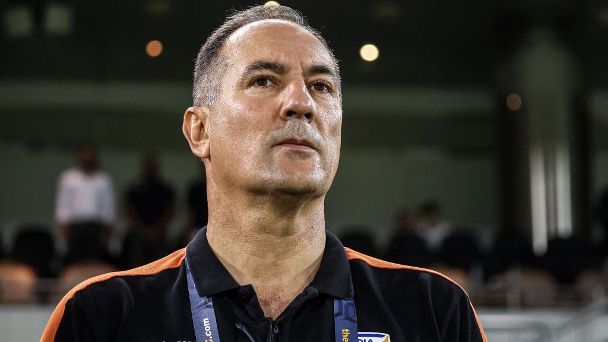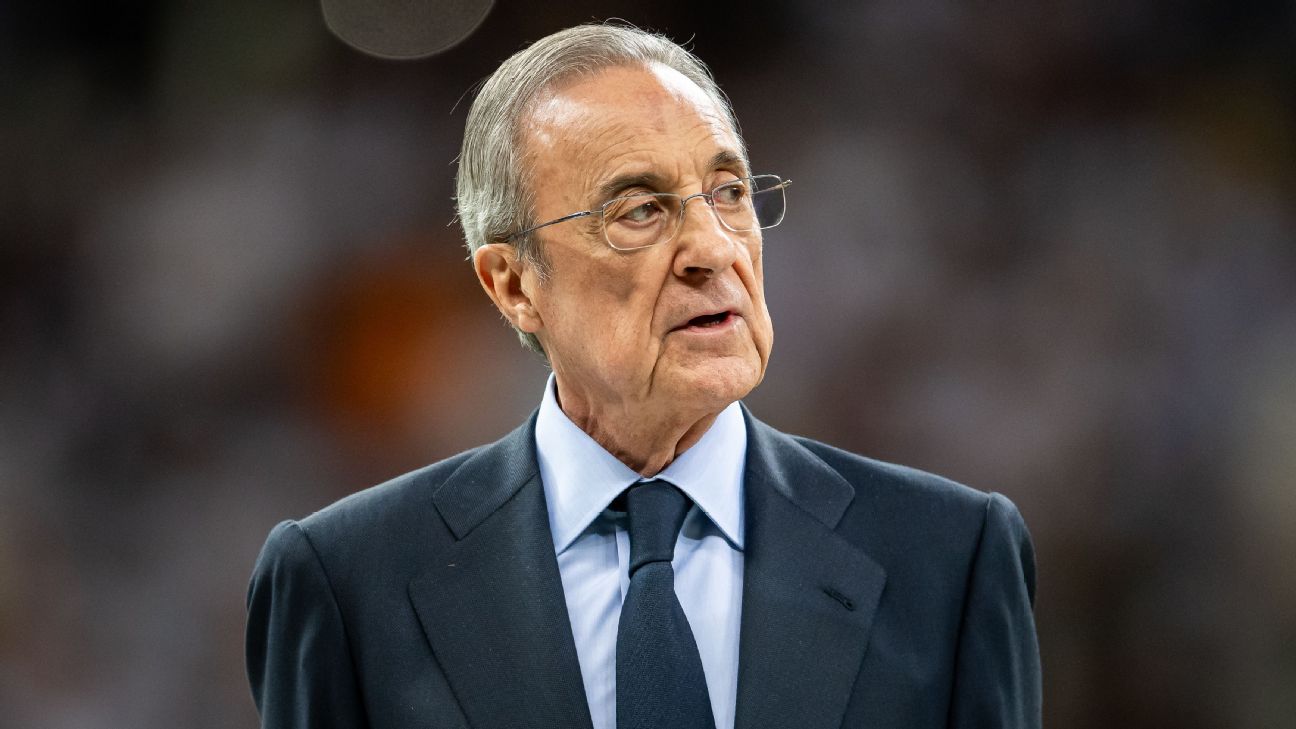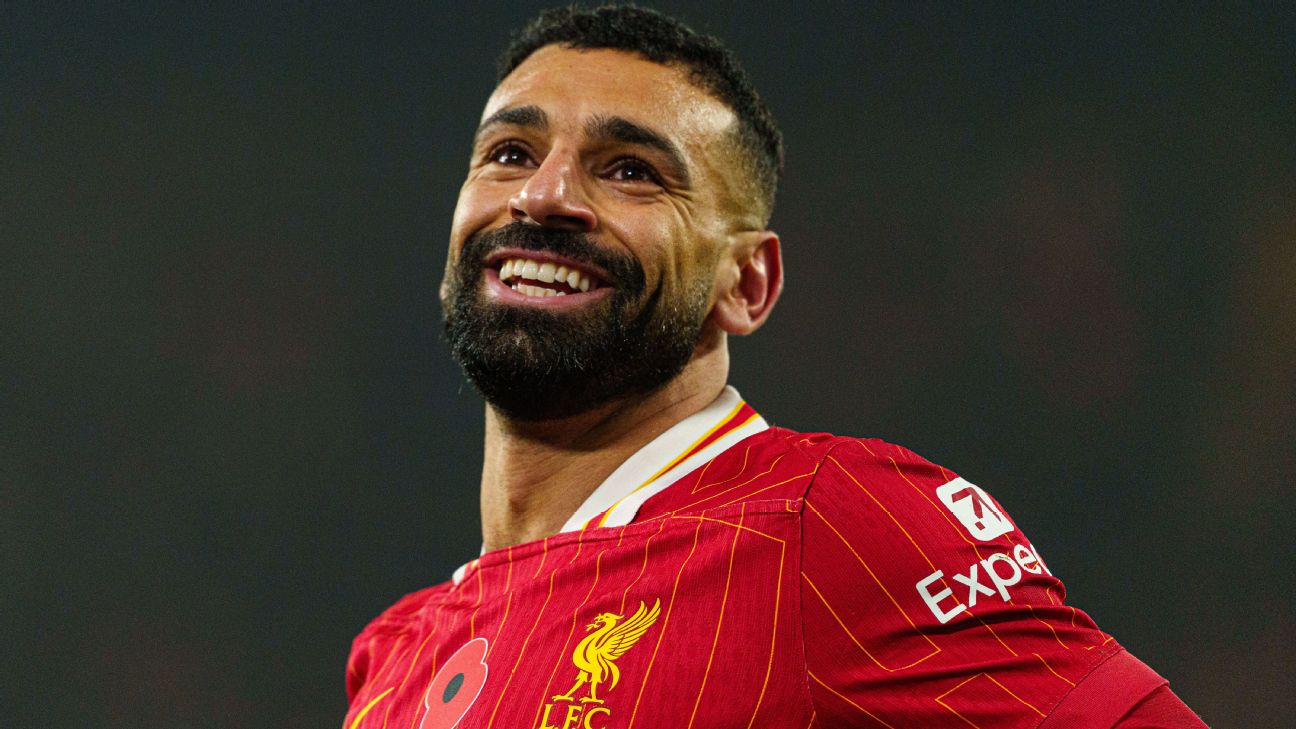One inch, around about.
We can’t be sure, but that’s what it looked like. Youssef Aymen crept around the back post off a Qatar freekick and headed down powerfully at Gurpreet Singh Sandhu. The India keeper patted it down, gloves open, and saw it roll back across the byline, just outside his post. That was it he thought, and the Indian defence with him. Which is when Hashmi Al Hussain stuck out his leg, dragged the ball back and laid it off for Aymen to tap it in from a yard out.
Cue uproar.
All the talk after India’s defeat at Doha against a very under-strength Qatar team will be about this goal, the equaliser. India had earlier outplayed the hosts in the first half and taken the lead in the 37th thanks to an opportunistic piece of finishing from Lallianzuala Chhangte, and had held that lead till Al Hussain and Aymen pulled this off in the 73rd.
It hurt especially because of how good India had been until then. After a slow start, India had been sharp for large swathes of the first half. In this first match of the post-Sunil Chhetri era, Igor Stimac’s men leaned on the collective and took the game to Qatar’s young ‘uns. Rahim Ali’s selfless running and hold up play allowed Brandon Fernandes and Chhangte and Manvir Singh to get into the game, the forwards a whirlwind of constant motion.
Jeakson Singh dominated midfield while behind him Anwar Ali pinged passes around accurately. Jay Gupta bombed forward with aplomb. There were glimpses of real understanding between the players too: one-touch passing allowed them to swiftly cut through Qatar’s midfield on many an occasion. Sure, there were a couple of last-ditch goal line clearances by the excellent Mehtab Singh, but moving forward India seemed a force.
In the second half, though, India seemed content to sit on the 1-0 lead and looked to be doing so comfortably till the equaliser. The moment it was given, India deflated. Having decided to go all-defensive they were ill prepared to do much about a change in scoreline. The way the match went after that, it was almost inevitable that the enterprising young Ahmed Al-Rawi would score one more for Qatar (in the 85th minute). And that’s how it ended, India losing 1-2, knocked out of FIFA World Cup Qualifying by an inch that went unseen.
But was it all down to that one inch?
First, the incident itself. We have the luxury of multiple angles and slow motion to make the call. On the field, the referee was unsighted by the mass of players in front of him and his assistant was on the other flank. Once they had given the goal, neither could have been able to give enough credible reason to overturn it as it was essentially a ‘he said, they said’ situation.
And what is to say that the incessant pressure that Qatar had been building till then wouldn’t tell by the end of the 90? Even if you take the unfairness of the decision into account, was it really *that moment* that cost India qualification?
We’ll leave it here!#INDQAT #IndianFootball pic.twitter.com/5KhtyOfrvS
– FanCode (@FanCode) June 11, 2024
Take a look back at the campaign, and it’s plain that India had done very little to qualify on merit in what had been a relatively easy group of four. Across 540 + minutes in six matches, India scored three goals. They won just one game. While losses to Qatar were understandable, the other results weren’t as easy to digest. They drew a winnable match against Kuwait and took just one point from the six that clashes with much lower ranked Afghanistan offered. The plan had never been to go into Doha needing a win – after all, you couldn’t have predicted that the likes of Almoez Ali and Akram Afif would have been rested.
The Indian team – players, coaching staff, everyone associated with it – will be angered with the decision making of the referee on Tuesday night. And it’s perfectly understandable that they would be… but once the red mist settles down, once the cold reality of Wednesday morning hits, it’s time to introspect. Over this campaign neither the coaching nor the playing has been good enough to merit a place at the big boy table, one that was so eminently within reach. And it’s time to shelve the excuses: Longer camps may or may not be available, Indians may or may not play as centre forwards for their clubs, and friendlies may or may not be arrange-able. But it’s all part of the gig. Accepting responsibility for that isn’t a shortcoming, it’s arguably the start of the fix.
One inch may have made the difference on Tuesday, but over six months the gap to the top was much, much larger.
India’s hope to qualify for a third straight Asian Cup remains alive, with many rounds to go in that yet, but the dream of playing the South Koreas and Australias of the world in the second round of World Cup qualifying will need to be shelved for another four years. And they only have themselves to blame.



